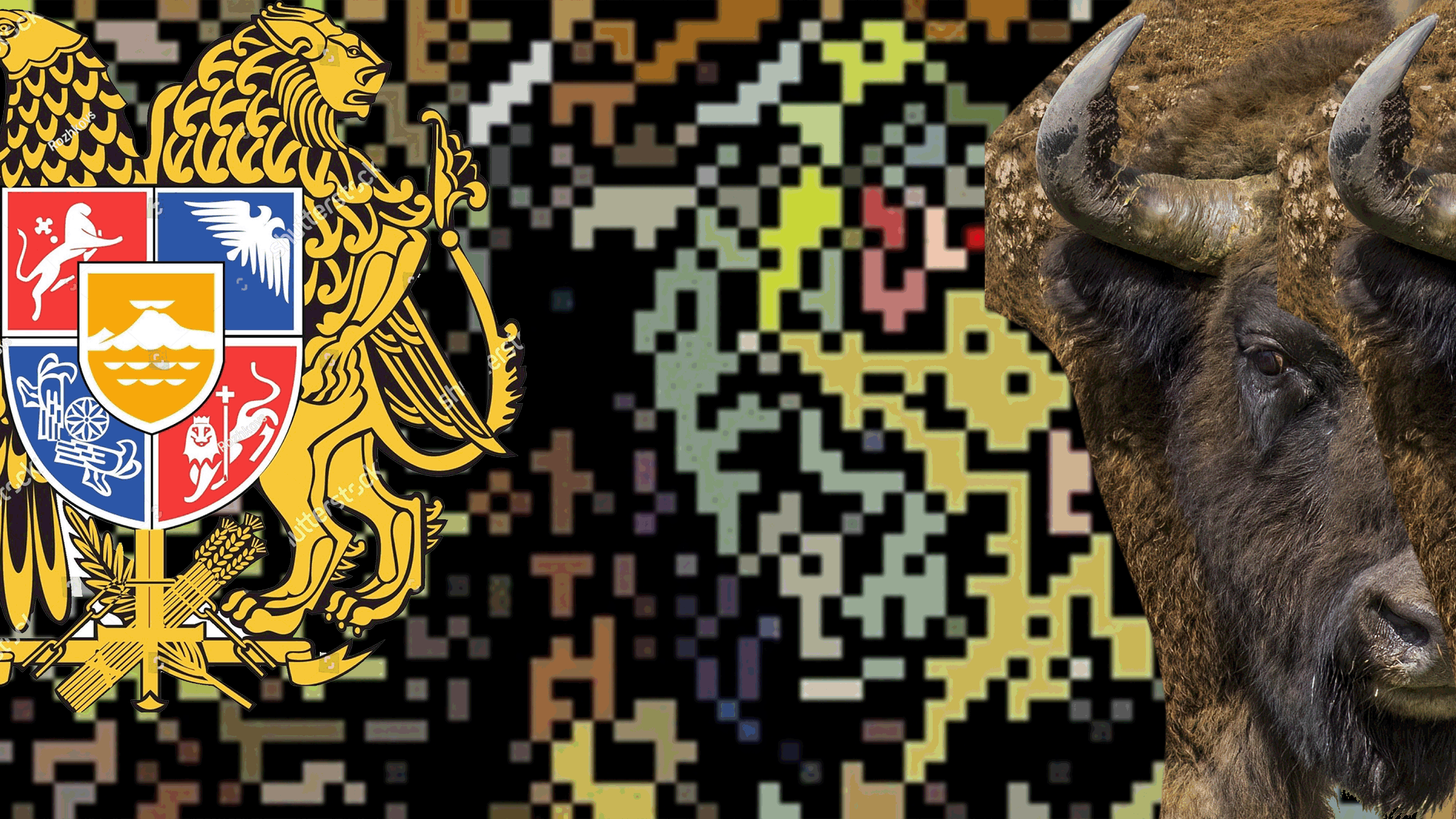In a rapidly evolving global tech landscape, three names are emerging as the next big disruptors: Xiaohongshu, Deepseek, and Rodeo. These social platforms are not only reshaping their respective industries but also challenging the dominance of established giants like Meta, OpenAI, and TikTok. Against a backdrop of geopolitical tensions, regulatory pressures, and shifting consumer preferences, these companies are carving out new paths in social media, artificial intelligence, and the creator economy. This article explores the rise of these platforms and the broader implications for the tech world, backed by numerical facts and data.
Zuckerberg’s Interview with Rogan: A CEO Under Pressure
Meta CEO Mark Zuckerberg’s recent appearance on the Joe Rogan Experience podcast has shed light on the increasingly complex political landscape facing tech executives. Zuckerberg criticized the Biden administration for pressuring Meta to censor COVID-19 vaccine misinformation, describing the government’s demands as “something out of 1984.” He revealed that Biden officials had called Meta’s team, threatening repercussions if the company did not remove content—even humorous or satirical posts—deemed problematic.
Zuckerberg’s comments reflect the growing tension between tech companies and governments worldwide. In the U.S., Meta faces scrutiny over its content moderation policies, while in Europe, the company is battling regulatory crackdowns under the Digital Services Act (DSA) and GDPR. In 2023 alone, the EU fined Meta €1.2 billion for GDPR violations and €390million for antitrust issues. Zuckerberg’s call for the U.S. government to defend tech companies against European “censorship” underscores the geopolitical stakes at play.
Meta’s decision to loosen its moderation policies has already led to a 15% increase in user-reported hate speech on its platforms, according to internal data leaked in early 2024. Meanwhile, the company’s decision to end its DEI programs has sparked internal backlash, with over 1,000 employees signing petitions against the move.
Elon Musk’s New Role in Politics
Elon Musk, the billionaire CEO of Tesla, SpaceX, and X, has taken on a new role as a key figure in Donald Trump’s administration. Musk has been appointed to lead the Department of Government Efficiency (DOGE), a newly created body tasked with slashing federal bureaucracy and cutting $2 trillion from the budget. This move has sparked widespread criticism, with many questioning Musk’s qualifications and the potential conflicts of interest arising from his oversight of government agencies that regulate his companies.
Musk’s appointment is emblematic of the growing influence of tech billionaires in politics. His close ties to Trump—evidenced by his $200 million contribution to a pro-Trump super PAC—have raised concerns about the emergence of a U.S. oligarchy. Musk’s role in the administration also highlights the intersection of technology and politics, as his companies benefit from lucrative government contracts while he wields significant influence over policy decisions.
However, Musk’s position is not without controversy. His public clashes with OpenAI CEO Sam Altman over the $500 billion Stargate AI project—a joint venture between OpenAI, Oracle, and SoftBank—have exposed deep divisions within the tech industry. Musk has dismissed the project as “fake” and accused Altman of being a “swindler,” further fueling their long-standing feud. As Musk navigates his dual roles as a tech titan and political insider, his actions will have far-reaching implications for the future of AI, government efficiency, and the tech industry as a whole.
Xiaohongshu: The Rise of a TikTok Alternative
As the threat of a TikTok ban loomed in the U.S., millions of users flocked to Xiaohongshu, a Chinese social media app that combines e-commerce, short videos, and user-generated content. Known as “Little Red Book” or “RedNote,” Xiaohongshu saw a surge in downloads, becoming the top free app on Apple’s App Store in the U.S. during the brief TikTok ban in January 2024. The app saw over 10 million new U.S. downloads in just one week, with its global user base jumping to 350 million monthly active users (MAUs).
Xiaohongshu’s popularity reflects a growing appetite for alternatives to Western-dominated platforms. The app, which has 300 million MAUs primarily in China and the Chinese diaspora, offers a unique blend of lifestyle content, product recommendations, and cultural exchange. American users, many of whom joined in protest of the TikTok ban, have embraced Xiaohongshu as a platform for connecting with Chinese creators and exploring new perspectives.
However, Xiaohongshu’s rise is not without challenges. The app’s lack of translation features and its adherence to Chinese censorship laws limit its appeal to a global audience. Nevertheless, its success highlights the shifting dynamics of the social media landscape, as users seek platforms that prioritize authenticity and cultural exchange over algorithmic curation.
Rodeo: A New Vision for the Creator Economy
The NFT market, once hailed as the future of digital ownership and creator monetization, has experienced a dramatic collapse. In 2023, 95% of NFT collections were deemed worthless, and high-profile projects like the Bored Ape Yacht Club saw their floor prices plummet by over 90% from their peak. Against this backdrop of disillusionment, Rodeo has emerged as a visionary platform that redefines the relationship between creators, collectors, and curators. Combining elements of a social network, NFT marketplace, and creator-first economy, Rodeo aims to empower artists and creators by simplifying the process of sharing and monetizing their work.
Rodeo’s unique approach rewards creators not only for initial sales but also for secondary market transactions, ensuring ongoing financial support. The platform also incentivizes curators who surface exceptional content, fostering a community-driven ecosystem that values creativity and collaboration. Since its launch in late 2023, Rodeo has onboarded over 50,000 creators and facilitated $100 million in transactions, with 30% of revenue flowing directly to creators.
As the digital art world evolves, Rodeo represents a bold new direction for the creator economy. In a post-NFT world, Rodeo is proving that the creator economy can thrive—when it’s built on a foundation of trust, transparency, and shared success.
Deepseek: China’s Challenge to U.S. AI Dominance
China’s Deepseek has entered the global AI race with the release of its R1 model, which reportedly outperforms OpenAI’s GPT-4 on several benchmarks. Developed at a fraction of the cost of Western models, Deepseek’s success exposes the vulnerabilities of the U.S. AI industry, which relies heavily on inflated investments and closed ecosystems. According to Deepseek, the R1 model was trained on a budget of 50 million, compared to the estimated 100 million spent on GPT-4.
The rise of Deepseek challenges the dominance of U.S. tech giants like OpenAI, Microsoft, and NVIDIA, which have poured billions into AI infrastructure projects like Stargate. The $500 billion Stargate initiative, backed by OpenAI, Oracle, and SoftBank, aims to build 20 data centers across the U.S., with the first phase already underway in Texas. However, Deepseek’s open-source model and cost-effective approach have raised questions about the sustainability of such massive investments.
Deepseek’s R1 model has achieved 90% accuracy on the AIME mathematical reasoning test, compared to GPT-4’s 85%, and 95% accuracy on the SWE-bench programming assessment, outperforming GPT-4’s 88%. These results highlight China’s growing capabilities in AI and its potential to disrupt the global tech hierarchy.
A Multipolar Tech World
The rise of Xiaohongshu, Deepseek, and Rodeo signals a shift toward a multipolar tech world, where power is no longer concentrated in the hands of a few Western giants. As geopolitical tensions and regulatory pressures reshape the industry, these platforms are leading the charge toward a more diverse, inclusive, and innovative future. Whether through cultural exchange, financial empowerment, or technological breakthroughs, Xiaohongshu, Deepseek, and Rodeo are proving that the next big thing is already here.
Xiaohongshu: 350 million MAUs, 10 million U.S. downloads in one week.
Rodeo: $100 million in transactions, 50,000 creators onboarded.
Deepseek: $50 million budget for R1 model, outperforming GPT-4 on key benchmarks.
These platforms are not just challenging the status quo—they are redefining it.










